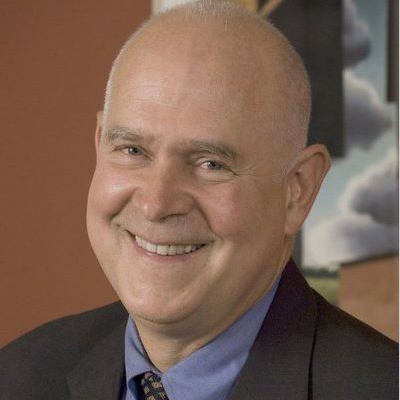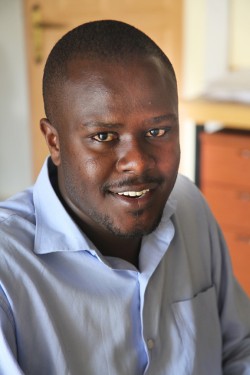It is critical that health care providers receive the necessary training to empower them to improve patient outcomes CHARESS supports both pre-service and in-service training efforts in Haiti. In particular, CHARESS is a key partner of MSPP in maintaining its national clinical guidelines. Continue reading “Workforce Development in Haiti”
Category: Malaria
Scott Barnhart

Scott Barnhart, MD, MPH, has an extensive background as Professor of Global Health and former Director of Global Health Programs for I-TECH at the University of Washington. He has had responsibility for leading nine country offices, projects in 14 countries, and more than 500 staff. This experience and training has included extensive clinical work, research and program management in pulmonary and environmental and occupational medicine, and more than eight years as Medical Director of a safety net/Level 1 Trauma Center hospital.
Ensuring health systems can quickly detect and respond to emerging health threats is a critical challenge in both domestic and global health. Dr. Barnhart’s major implementation projects include scale-up of voluntary medical male circumcision (VMMC) in Zimbabwe and Malawi, OpenMRS, and laboratory information systems. Dr. Barnhart deploys his expertise in multiple African countries and Haiti to strengthen health systems and health care.
A goal of Dr. Barnhart’s work is to promote country-led, country owned sustainable development. Consistent with the principles of the Paris Declaration, the goal is to transition the bulk of development work and the associated leadership, ownership, technical direction and control of funding into the countries where development occurs. This approach ensures that the entire continuum of skills necessary for development (technical expertise, administration (human resources, operations, and management and accountability for funds) is transitioned to local partners. A key indicator is to have 75% or more of a grant’s funding expended in-country on local programs and local citizens and to support the local economies in these highly resourced constrained countries. Dr. Barnhart has worked closely to advance this model through projects in Haiti with a goal to shift the majority of a project to a local organization and in Zimbabwe where the VMMC program is largely run through local partners.
Program Highlights
New Article Examines Effect of Training Approaches on Malaria Case Management

Martin Mbonye
In Uganda, the country with the world’s highest malaria transmission rate, effective training of frontline health workers is especially critical. A new article reports the positive effects of the Integrated Infectious Disease Capacity Building Evaluation (IDCAP)’s training approaches on malaria case management in the country.
“Effect of Integrated Capacity-Building Interventions on Malaria Case Management by Health Professionals in Uganda: A Mixed Design Study with Pre/Post and Cluster Randomized Trial Components” was lead-authored by Martin K. Mbonye, Msc., a researcher at the Infectious Diseases Institute (IDI) in Kampala, Uganda, and published in open-access journal PLOS ONE on Jan. 8; the full text is available online.
“This project made huge strides toward improving the capacity of health workers,” said Mbonye. “These findings have positive implications for Uganda’s increasing ability to take ownership of its malaria interventions and better fight infectious diseases – which account for the majority of the disease burden in the country.”
The IDCAP provided classroom training, distance learning, and on-site support to mid-level practitioners through two interventions: the Integrated Management of Infectious Disease (IMID) training program and on-site support, which integrated site visits and continuous quality improvement. Building on the work of the Joint Uganda Malaria Program (JUMP), IDCAP tackled a wider scope, including malaria, pneumonia, tuberculosis, HIV, and related infectious diseases. (Read more about the interventions and other results here.)
The evaluators then measured the effects of the interventions and the performance of 36 facilities. The results were promising; the combination of interventions was found to improve emergency triage, assessment and treatment processes, and malaria care, a topic of particular importance in Uganda, where steady temperatures and rainfall enable high levels of malaria transmission year-round.
As the IDCAP’s monitoring and evaluation team specialist, and then as program manager, Mbonye oversaw the project’s data surveillance system. He reported improvements in the use of diagnostic tests for malaria suspects, the prescription of the appropriate antimalarials for patients who were determined to need one, and a reduction in the prescription of antimalarials among patients who tested negative for malaria. This decrease in presumptive diagnosis is an important element in reducing drug stockouts and resistance.
I-TECH was one of four partners in the now-completed IDCAP grant to the Accordia Global Health Foundation, and University of Washington professor Marcia Weaver is the IDCAP principal investigator. This article is one of the first in a series of papers describing the study’s results.